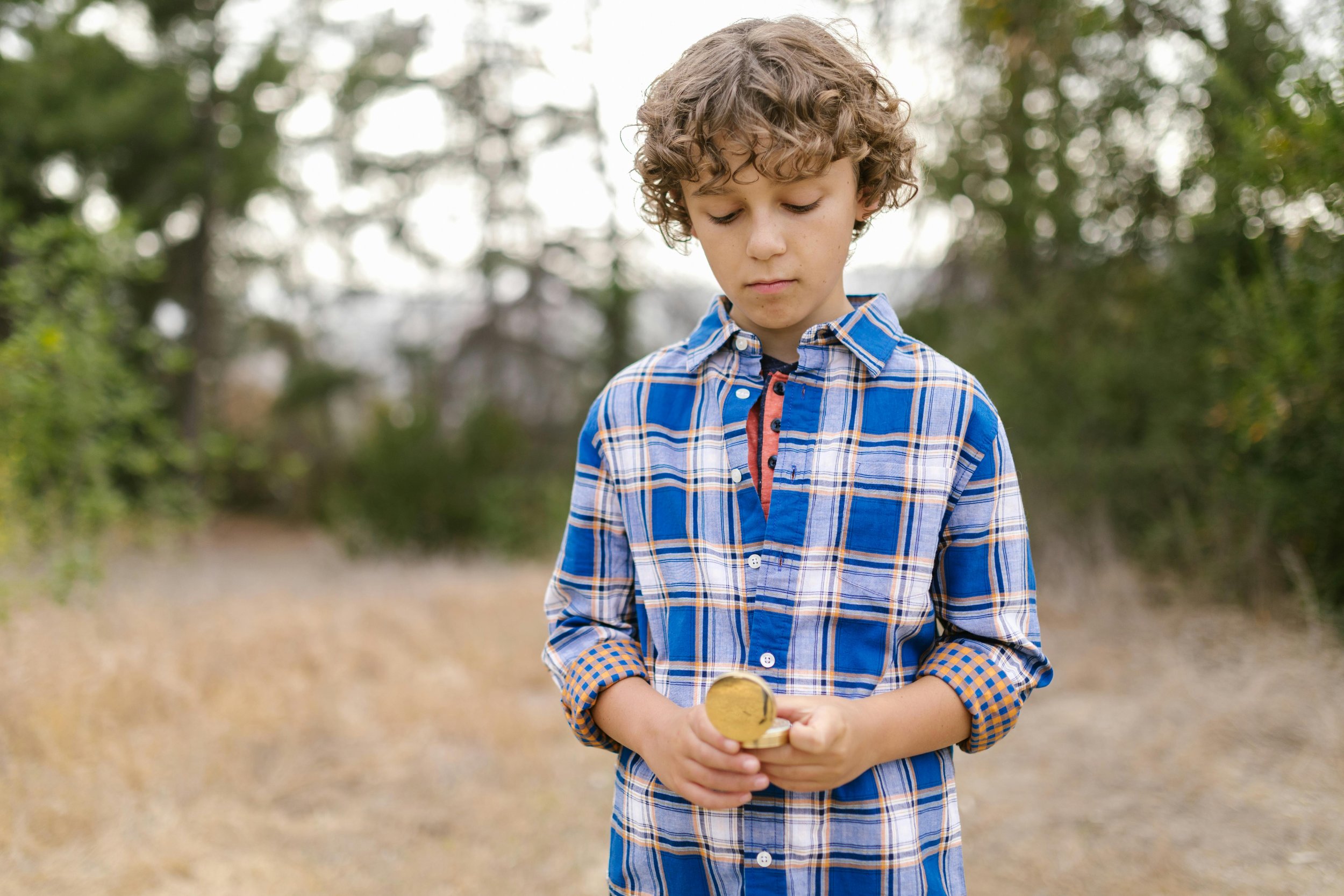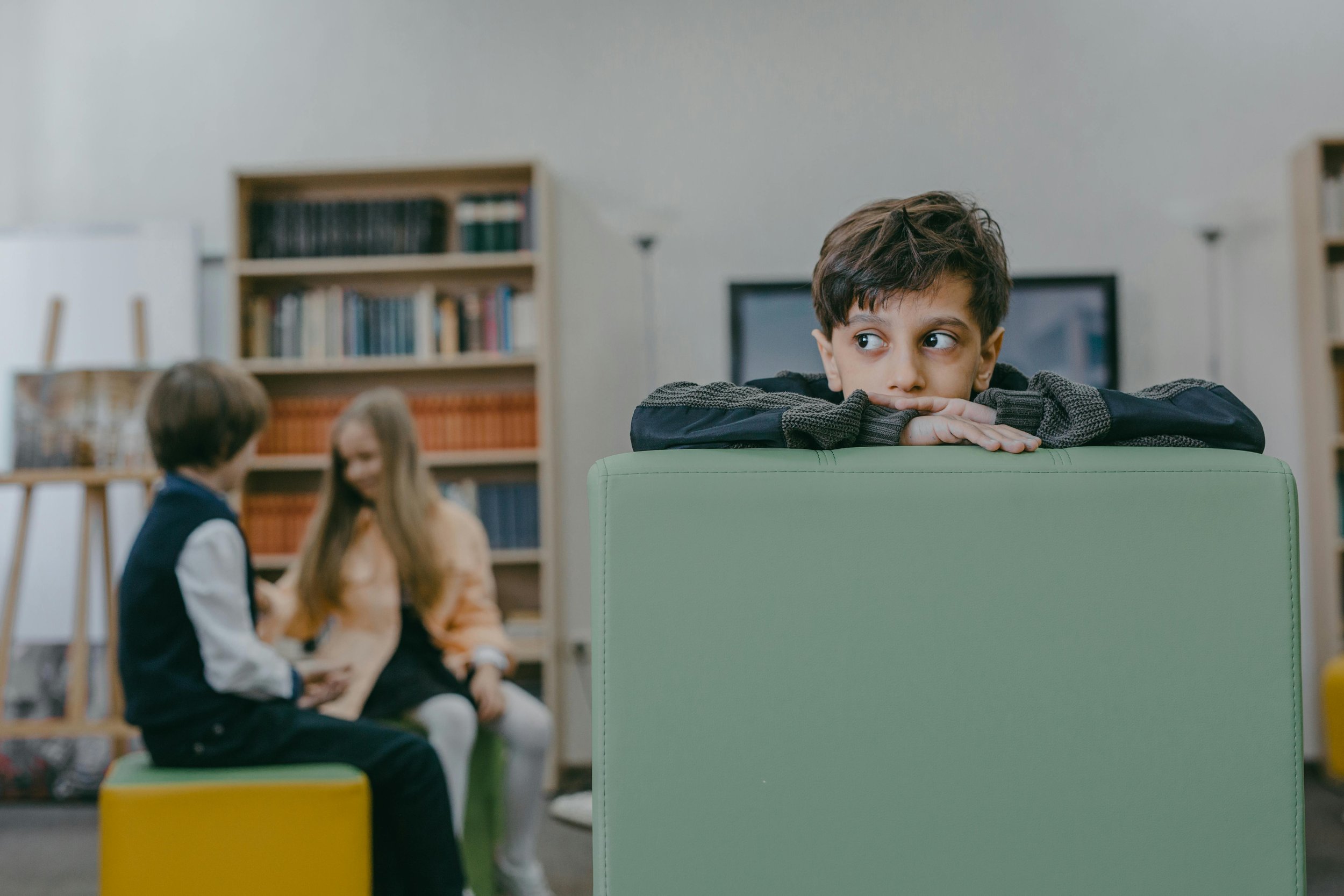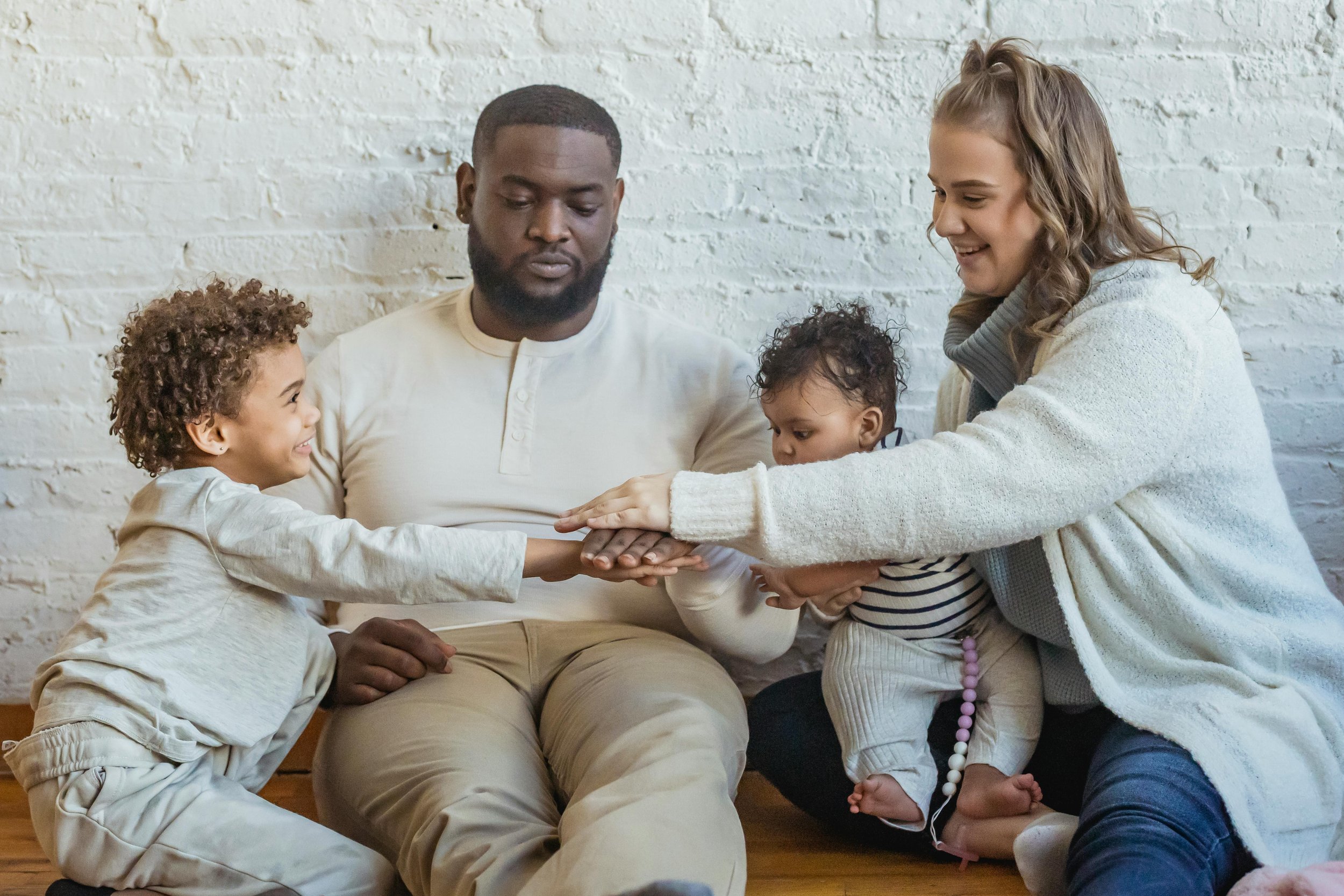Building Social Skills for Kids with ADHD
If you’ve noticed your child struggling to make friends or navigate social situations, you know how heart-wrenching it can be to see them feel left out or misunderstood. Fortunately, with the right support and strategies, your child can develop stronger ADHD social skills and build meaningful friendships. In this article, we’ll explore the social challenges children with ADHD often face, how ADHD therapy in North Texas can help, and practical things you can do at home to boost your child’s confidence.
The Social Challenges Kids with ADHD Face
As a parent, you may have noticed that your child with ADHD encounters difficulties in making and keeping friends. This can be incredibly challenging to watch, and even more frustrating for your child. Building fulfilling friendships is a journey filled with ups and downs, and understanding these unique social hurdles is vital in supporting your child's need for connection and companionship.
Let’s take a closer look at why developing ADHD social skills in kids can be difficult—and how we can help.
Impulsivity and Missed Social Cues
Some of the most common hurdles to developing strong ADHD social skills in kids is controlling impulsivity and recognizing subtle social cues, such as body language, tone of voice, and facial expressions. This can lead to behaviors like interrupting others, blurting out thoughts, or missing important nonverbal signals. As a result, their peers may find it challenging to connect with them or feel understood during conversations.
Emotional Regulation and Friendships
A core aspect of child social skills and ADHD is learning to manage big feelings. Your child might experience intense emotions that can be hard to control, leading to outbursts or meltdowns during school, recess, or while playing at friends’ houses. This strong emotional intensity can sometimes overwhelm other children, making them unsure of how to respond.
Attention and Focus
Staying focused during social interactions is crucial, but it can be difficult for children with ADHD. They might zone out in the middle of conversations or struggle to engage in group activities, hindering their ability to form lasting friendships.
How Therapy Can Strengthen ADHD Social Skills in Kids
For many families, ADHD therapy in North Texas has made a meaningful difference. Therapists help children build confidence and interpersonal skills through guided practice and support. Therapy can be a transformative experience for children with ADHD who have difficulty making friends.
Let's explore some practical techniques therapists use to enhance social skills in children with ADHD and help them connect more confidently with their peers.
Role-Playing and Social Stories
Therapists often use role-playing to help children practice real-world scenarios. For example, your child might act out how to join a game during recess or how to handle a disagreement with a classmate. Social stories involve reading or listening to relatable social situations and can also help prepare kids for everyday interactions.
Empathy-Building Activities
Empathy is foundational to developing ADHD social skills in kids. Therapists may use storytelling, or play-based strategies and discussions to help children understand the feelings and perspectives of others. This approach can lead to more positive and lasting interactions with their peers.
Positive Reinforcement
Children thrive when they feel seen and celebrated. Many therapy sessions incorporate reward systems for practicing social behaviors—like taking turns or showing empathy. Reinforcement techniques are especially effective in child social skills ADHD programs. When your child demonstrates good listening skills or takes turns during activities, they can earn points or stickers. These can later be exchanged for a small reward. This reinforcement helps motivate children to continue developing essential social skills, particularly those associated with ADHD.
Support for ADHD at Home: Building Social Skills
While therapy lays the groundwork, daily practice at home helps these social skills take root. Here are four parent-powered ways to support kids with ADHD in social situations:
Create Structured Social Opportunities
Organize playdates or group activities that create a supportive environment for your child to practice social skills. This setting offers practical support for children with ADHD in real-world situations where they can succeed.
Practice Makes Progress
Set aside time at home to role-play everyday social situations. This may include practicing conversation starters, taking turns, and responding to various social cues. Remember that helping your child with social skills and ADHD development is a journey, not a race.
Celebrate Small Wins
Acknowledge and praise your child's efforts in social situations, no matter how small. This positive reinforcement builds their confidence and supports continued growth.
Model Strong Social Interactions
Children learn by example. Demonstrate healthy social behaviors daily and guide them through various social situations with kindness and clarity.
You're Not Alone— Your Child Will Thrive
Helping your child with ADHD build social skills is a journey filled with time, patience, and heartfelt moments—but the rewards are truly remarkable. Every small victory, whether a successful playdate, a shared laugh, or the beginning of a new friendship, signifies progress and deserves celebration. Take a deep breath and acknowledge the incredible care and commitment you've already shown. You're doing a fantastic job; your child can thrive with your continued support. ADHD may shape their path to connection differently, but it does not define who they are.
Remember, you're not walking this path alone. Many families share similar challenges, and a compassionate community is here to support you. From local parent groups to professionals offering ADHD therapy in North Texas, help is always within reach. If your child is facing challenges in connecting with peers or feeling excluded, consider reaching out to a therapist at North Texas Adult & Child Counseling Center who specializes in fostering social confidence in kids with ADHD. With the right tools and strategies, your child can learn to navigate friendships, express empathy, and feel empowered in social situations.




